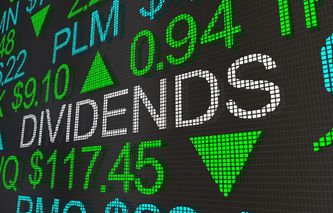Definition
The financial accounting term par value is used to describe the stated, or printed, value of a security. Par values can be assigned to bonds as well as common and preferred stocks.
Explanation
Par values are commonly found on bonds, and represent the dollar value to be paid to the bondholder when the security matures. Most federal and corporate bonds are issued with par values equal to $1,000. The par value of a bond, along with the coupon rate, will determine the interest income due the bondholder.
Preferred shares of stock are also issued with significant par values. Like bonds, the par value of preferred shares is used to determine the dividends paid to each shareholder.
The par value of common stock represents the maximum responsibility that a company has to a stockholder in the event the company is dissolved. Par value then becomes the nominal value, or minimum value, at which a share of stock can be issued.
The par value of a stock has nothing to do with its market value. Today, many common stocks are issued with par values that are less than $1.00. The total par value of stock issued by a company can be found in the owner's equity section of the balance sheet.
Related Terms
balance sheet, owner's equity, additional paid-in capital, par value stock, no-par stock
.jpg)


